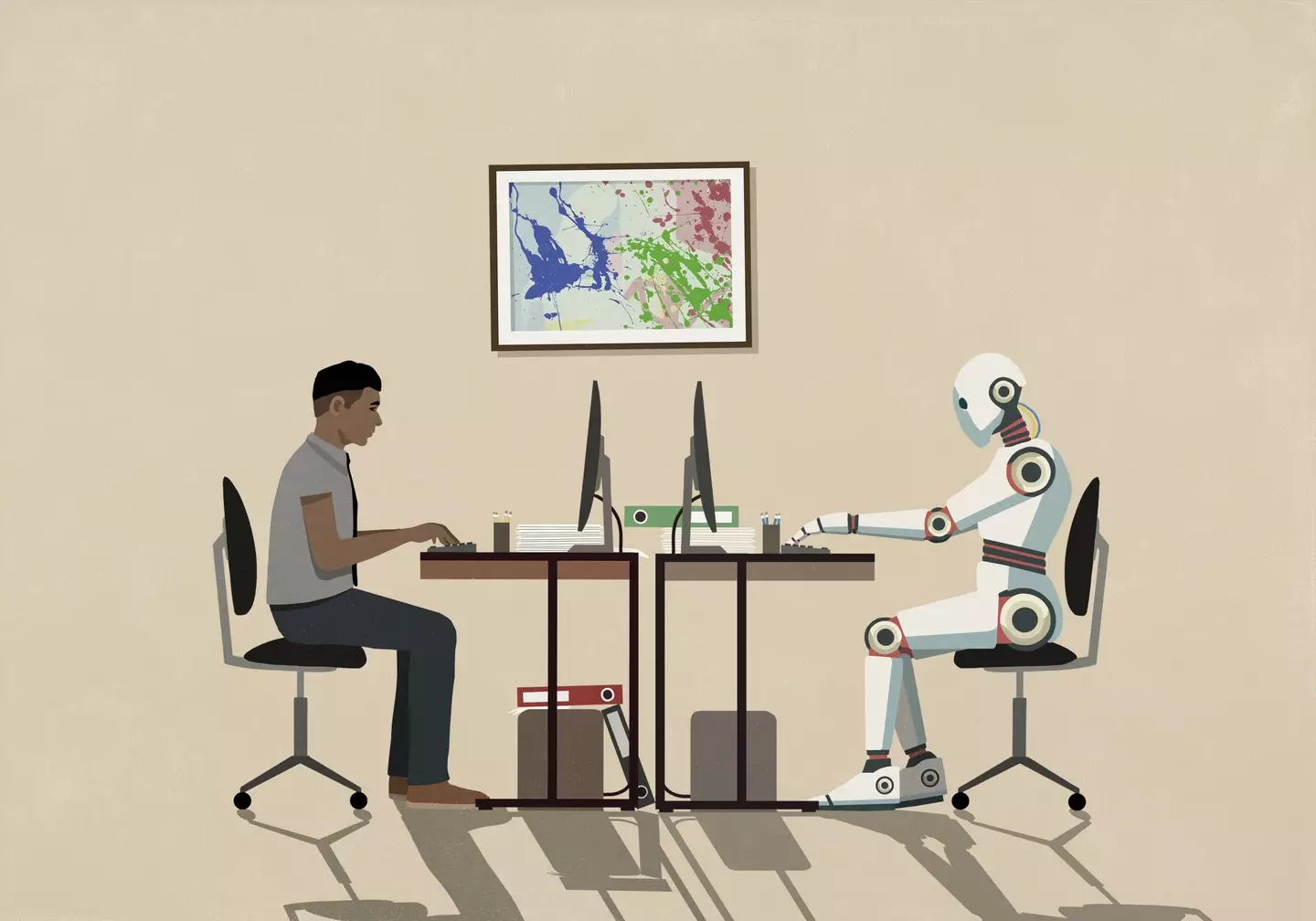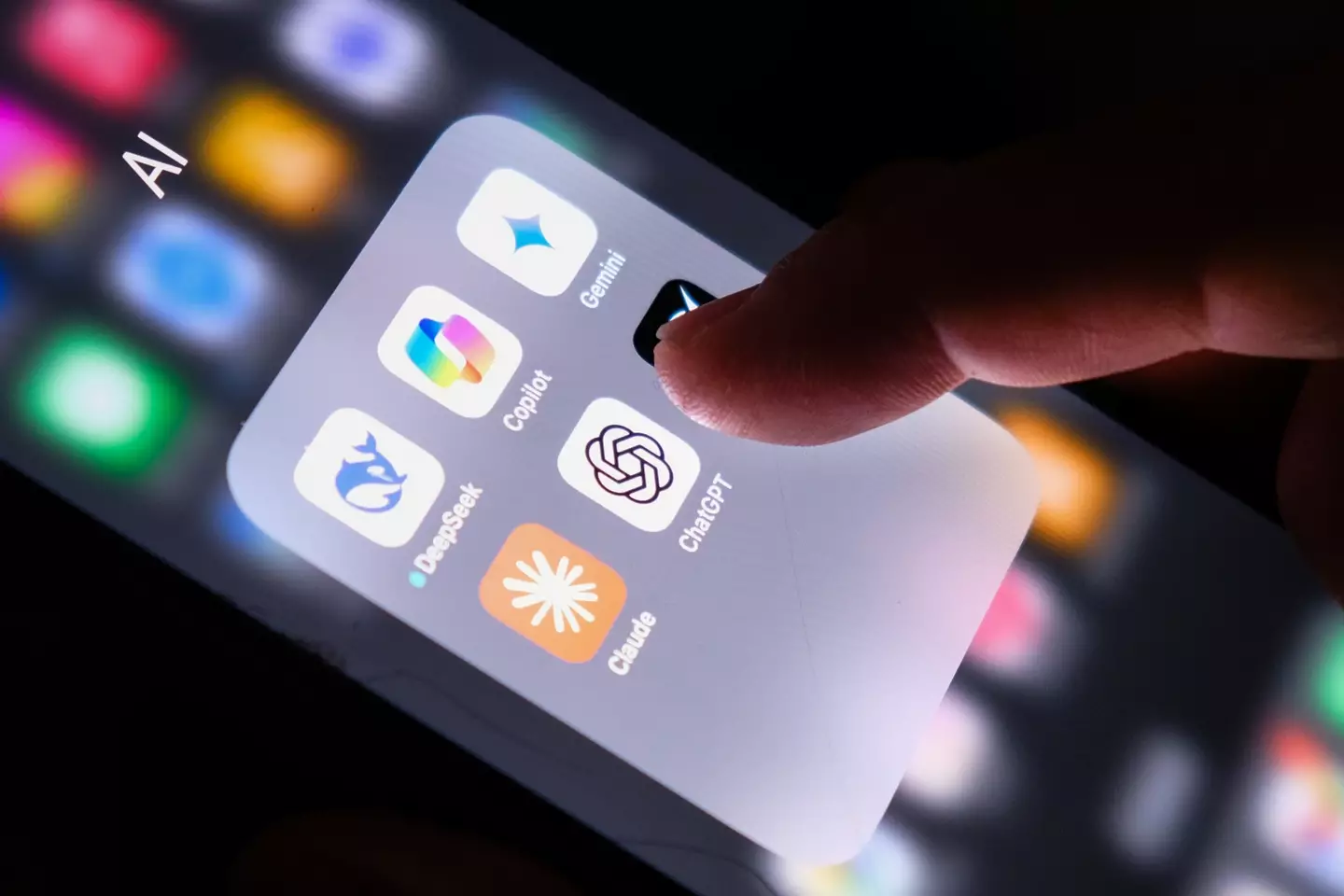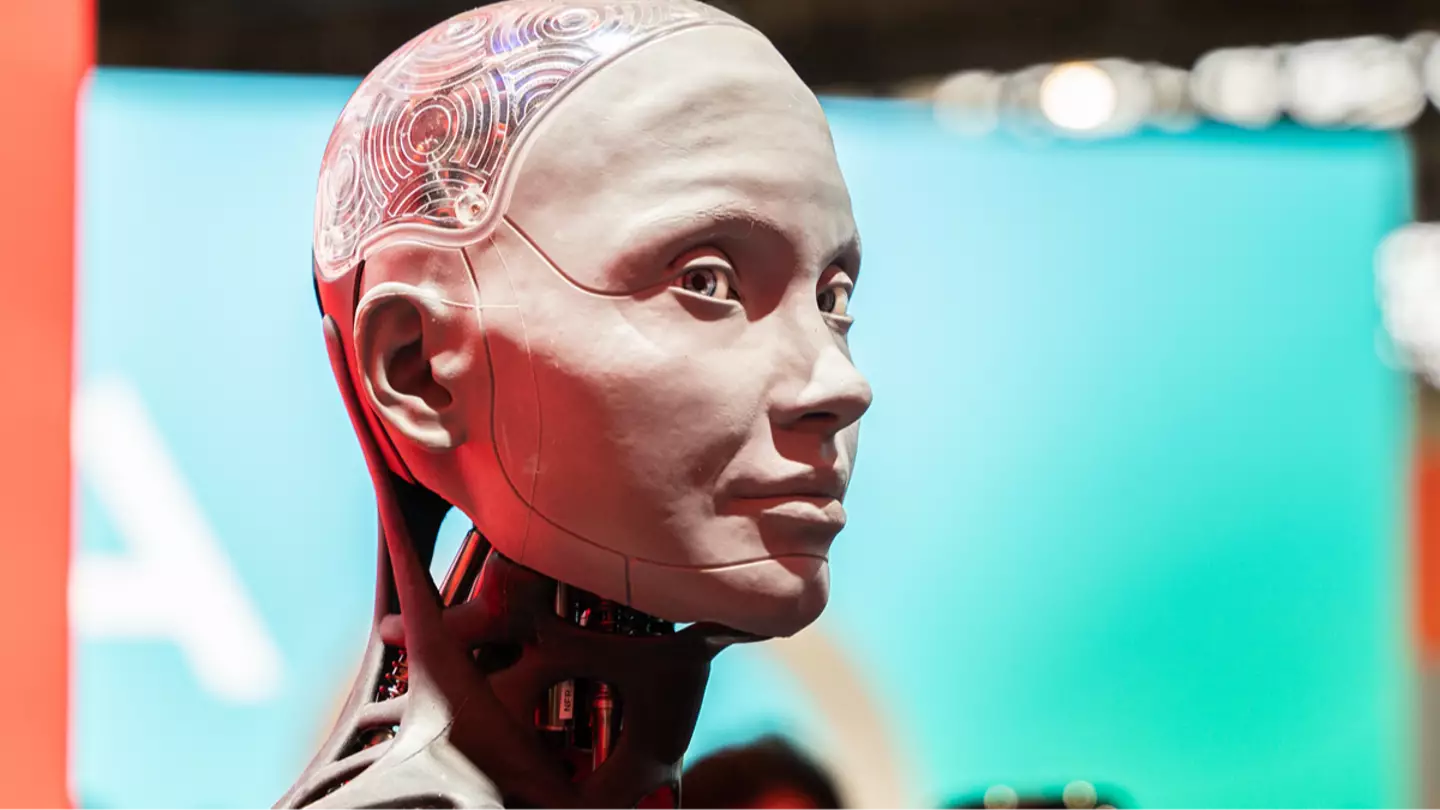The ongoing progress in artificial intelligence stirs up a blend of reactions, with many concerned about the potential for AI to take over their careers.
AI proponents often highlight its potential to revolutionize future productivity, suggesting it could even allow individuals to ‘read’ many books in a week by providing concise AI-generated summaries of lengthy classics like War and Peace.
However, skeptics voice numerous reservations about the technology. Concerns include its capability to produce deepfake videos that falsely depict people committing crimes or appearing in adult content, the potential environmental consequences, and the ‘dead internet’ theory, which speculates that online interactions might eventually consist solely of AI systems communicating with each other.
In academia, college professors are increasingly worried about generative AI’s role in student assignments, emphasizing that the critical thinking process is more crucial than the final result.
One significant concern that many share is the potential impact AI could have on employment in the near future.

The looming threat of AI technology potentially replacing numerous jobs spans across various sectors, including self-driving vehicles, sophisticated language processing, and even healthcare.
Despite the looming risks, Robert Phelps, an expert, has identified several professions that might be less susceptible to an AI takeover, at least not entirely.
Nevertheless, Phelps did issue a major disclaimer, noting: “It’s difficult to say exactly what jobs will be safe from AI forever, as there are so many that are becoming automated that might not have been predicted.”
So, which professions might be safer than they appear?
Jobs that necessitate empathy are among those that may face less risk.

Phelps explained: “Whereas jobs in nursing and pharmacy could be at risk, mental health professionals and councillors need human connection, trust, and empathy that cannot be replaced by AI.”
It’s reasonable to argue that nursing also requires ‘human connection, trust, and empathy.’ Personally, the idea of being treated by a robotic nurse is not appealing.
Phelps elaborated further: “Emergency service workers such as paramedics and firefighters work in unpredictable environments, and their physical presence and judgement are needed.”
Another surprising point from Phelps is that: “It’s often thought that the creative industry, and roles in writing, design, and music, are at risk, but although AI can generate content, real creativity is truly necessary to create something original.”
Discussing why some jobs may be more vulnerable, he noted: “AI can replace tasks, but it can’t really replace people. It can help with efficiency, and tedious and repetitive tasks, but this leaves you free to focus ‘soft skills’ such as creativity, communication, ethics, and critical thinking, and these soft skills will become more valuable than ever.”
Unfortunately, certain positions are more endangered, with 44 occupations identified as the most likely to be replaced.
This analysis was based on a study by OpenAI titled ‘Measuring the performance of our models on real-world tasks,’ which evaluated AI’s ‘win-rate’ against humans on various tasks to determine which jobs were most susceptible.
The findings suggested that some careers are at particularly high risk.

